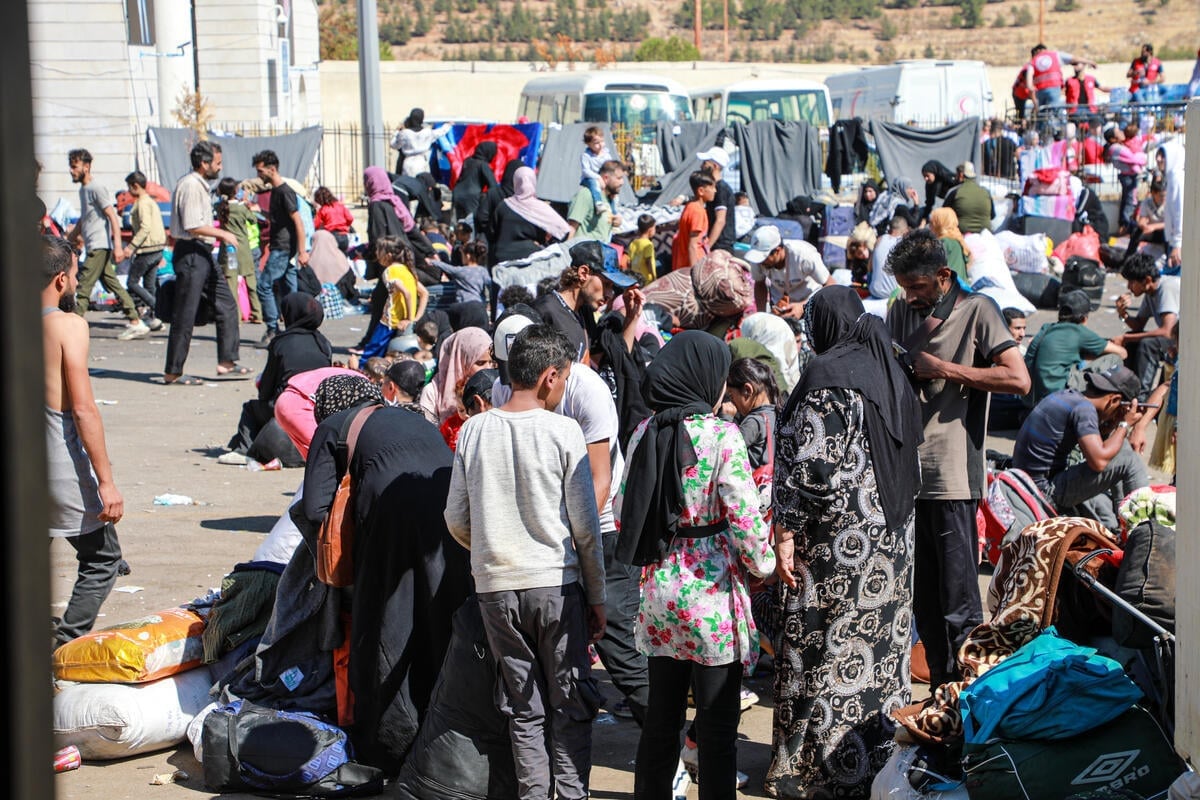Israel put an abrupt stop to Lebanese people fleeing the bombardment and ground invasion that struck the country this week.
Hundreds of thousands of displaced people are believed to have embarked on a move to Syria; however, on Friday, Israel bombed the border crossing and the main highway linking the two countries, particularly the capital cities of Damascus and Beirut.
The international border crossing has an 8-kilometre buffer zone, which is neutral territory and is known as ‘no man’s land.’
The highway was intentionally targeted, as evidenced by a 12-metre diameter crater left in the wake of two Israeli airstrikes.
The move mirrors events in Gaza, where citizens have been told to relocate, only having the places they are told to relocate to being heavily bombarded. Gazans are trapped as all exits are closed off, and Israel controls the borders.
The Masnaa border crossing bombing was just one of many on Friday as Israel continued its bombardment of Lebanon, Gaza, and Syria.
Airstrikes on residential buildings occurred in the capitals of Beirut and Damascus.

Photo credit: UNHCR | Hameed Maarouf
“The Israeli airstrikes overnight, targeting the road in the “no man’s land,” at the border crossing had put a halt on traffic, closing off the route for vehicles. This was the main entry point for tens of thousands of people. There were still three other border crossings that were open and operational, but this was the main one,” Rula Amin, Senior Communications Advisor for the United Nations High Commissioner for Refugees (UNHCR), told a press briefing in Geneva on Friday.
“Most of the nearly 900 Government established collective shelters in Lebanon had no more capacity to host those displaced on the streets of Beirut,” Amin said.






